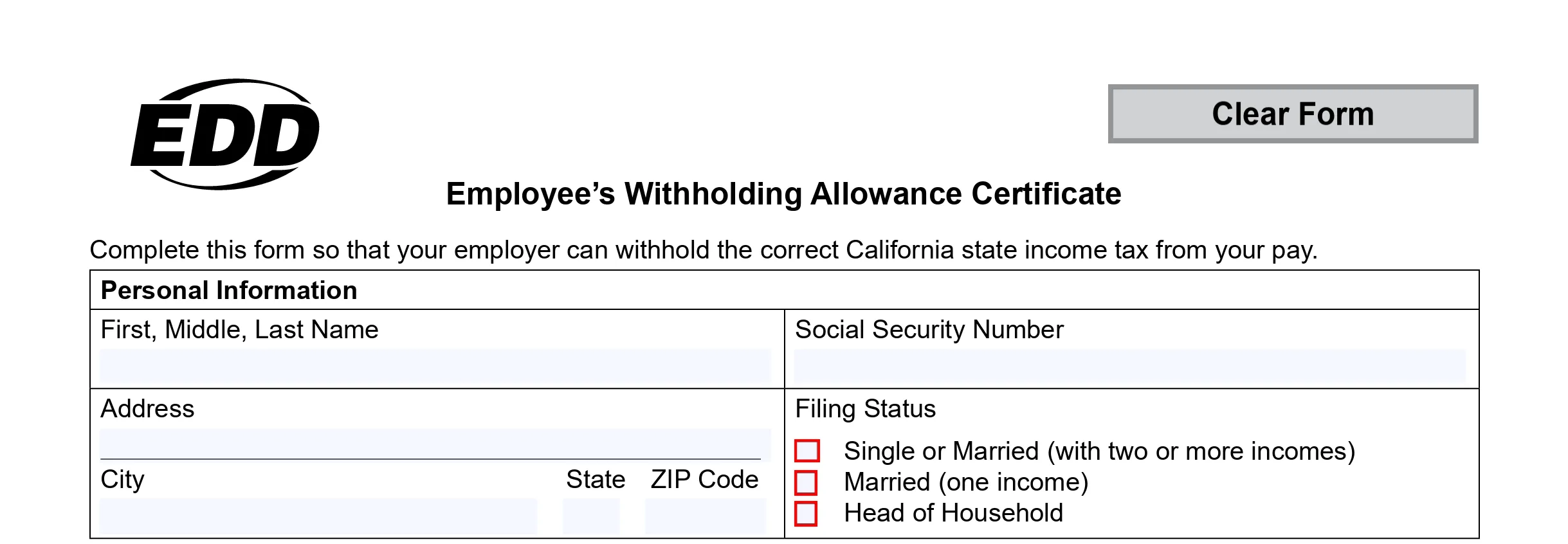8 Common Mistakes when handling a Trust Account

Every time I conduct a Discovery call with a potential client, I always encounter the same concern about their Law Firm, and you can probably relate.
For most small Law Firms one of the main issues is always Trust Accounting and anything related to it.
Let’s be honest, you attended Law School to practice law and not administrative/accounting activities, however, the reality is that if you fail managing your trust account you are jeopardizing your career as a lawyer.
Whether you are a new lawyer or are going through a rough path with your Trust Account, knowing the most common mistakes and how to fix them is going to help you be in compliance with the BAR and it will also help you improve your internal processes, clean books, and better and more meaningful reporting.
These are what I consider to be the 8 most common mistakes:
1. Not understanding how Trust Accounts works
Remember that Trust accounts are meant to hold your clients or third parties funds for a period of time, until you either earn your fees, need to pay third parties on your clients behalf or until the money needs to be disburse back to the client. It always has to be a valid reason and all of the transactions must be agreed by the client and recorded properly in their ledger.
Every state has a BAR Association that dictates the guidelines you need to follow in order to remain compliant.
It's always good to dive into it to know what it is expected from you and your firm, here is The State Bar of California website for more information.
2. Commingling Funds
In my experience, this is one of the most delicate mistakes. Commingling is, itself, a violation of the ethics rules and may subject a lawyer to discipline actions. Whether intentional or unintentional, using clients funds for personal/firm purposes is considered stealing, that is why in most states they contain requirements about the kinds of accounts in which client and third party funds may be held.
3. Not reconciling on regular basis (3 way reconciliation)
This is actually one crucial step always forgotten by law firms, which is the one that will give you a red flag when something is not right. That is why it is so important to reconcile your Trust Account, against your books and your Clients ledgers on a monthly basis. I think that by doing it that often you get to see the errors on time and have a fresh perspective on how to fix it.
4. Not recording properly every transaction
Every time we receive funds from a client or cut a check for earned fees or to pay third parties, we need to record it in the Client’s Ledger. This way we will have accurate balances in each client that will lead to an easier and smoother 3 Way reconciliation.
5. Not moving funds from Trust to Operating
Even though you think this may not happen, it is common to bill a client, record the transaction and then forget to actually write a check and deposit it to your Operating’s account. Or perhaps, you do it, but the amount in the check was short by $5. That is why you need to have a process where everything is detailed and you follow it step by step, including a final check up that the amounts in checks are equal to the transaction recorded in the client’s ledger to avoid any discrepancies down the road.
6. Credit cards Processing fees
Do you take Credit card payments?, if so, have you considered the processing fees they charge to your Trust Account? Nowadays, there are payment softwares built for law firms like Lawpay that charges your Operating account for any processing fees related to your Trust Account transactions to avoid the use of client’s funds.
Now, let’s say you’re not ready for this type of software yet, if this is your case, keep in mind that you need to have available funds in your Trust Account to cover any fees that your law firm needs to cover. You can create a Ledger for your Law Firm to keep track of the balance you have in order to replenish when needed.
7. Misallocating Trust Funds
Sometimes a client makes a deposit directly into your bank account, but, mistakenly they do it into your Operating when it meant to be into the Trust Account. As soon as you notice this error, please fix it, how? Simple, just transfer the funds from your Operating account to the Trust account. Remember, that is not your money until you earn it.
8. Misrecording Interest on Lawyers Trust Accounts (IOLTA)
Interest on Lawyers Trust Accounts works completely different from interest earned in regular accounts. Usually, you will record any interest earned as an Interest earned account in your books, however, the interest from a trust account does not belong to you. Therefore, you need to record this as a liability, since the money is going to be withdrawn from the account a few days later after it hits the bank. This is a method of raising money for charitable purposes, primarily the provision of civil legal services to indigent persons.
Handling a trust account requires knowledge, a good process to follow, consistency and accuracy.
Take all of these common mistakes and ask yourself, is any of this familiar to me? Start by acknowledging the errors in your firm and try to fix them one by one.
Do you think you are so deep in the mess that you need an expert in the area to help solve your problems? Hey, keep My Books and Taxes in your mind and schedule a Discovery Call or contact us as [email protected] . We will be happy to help you.



